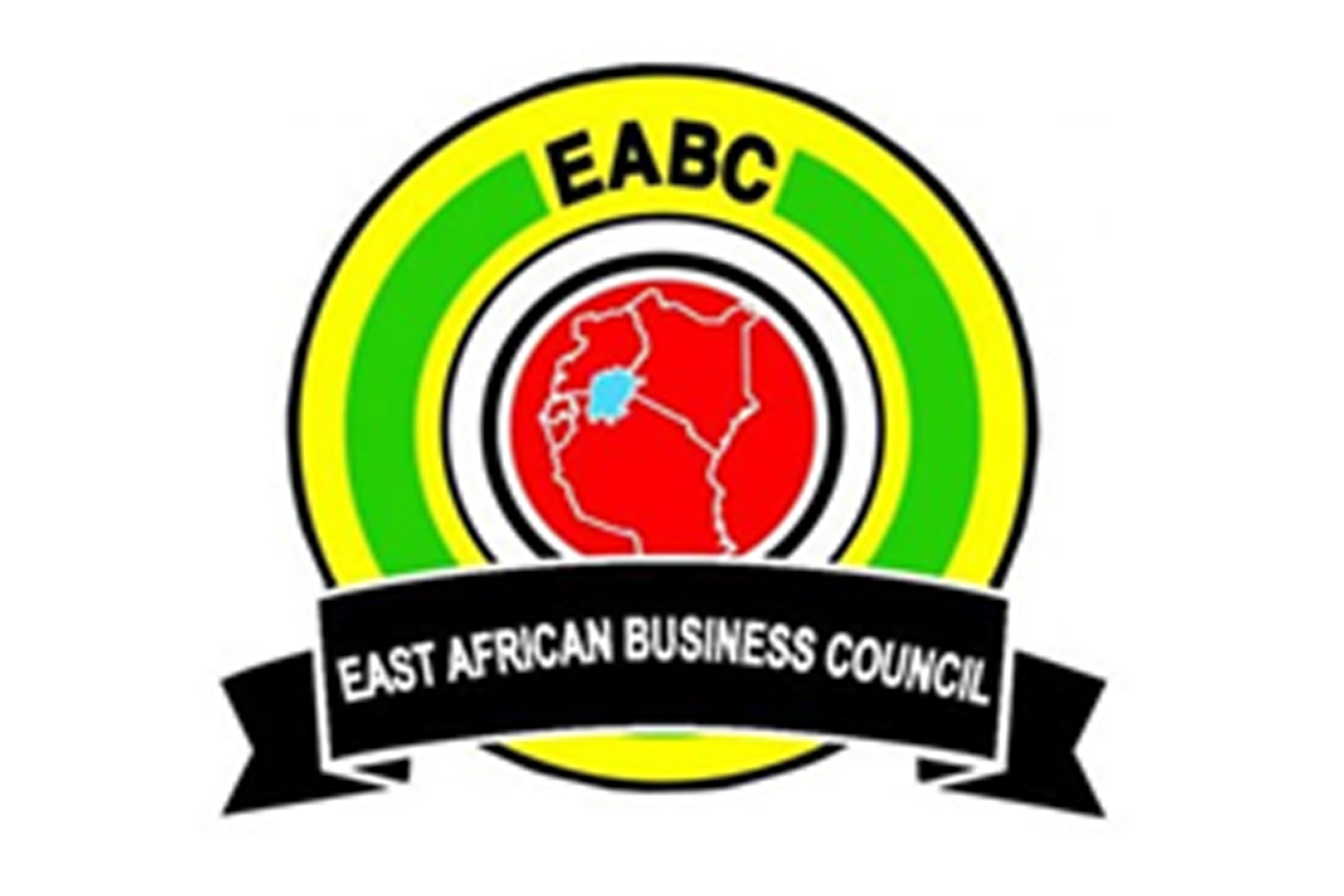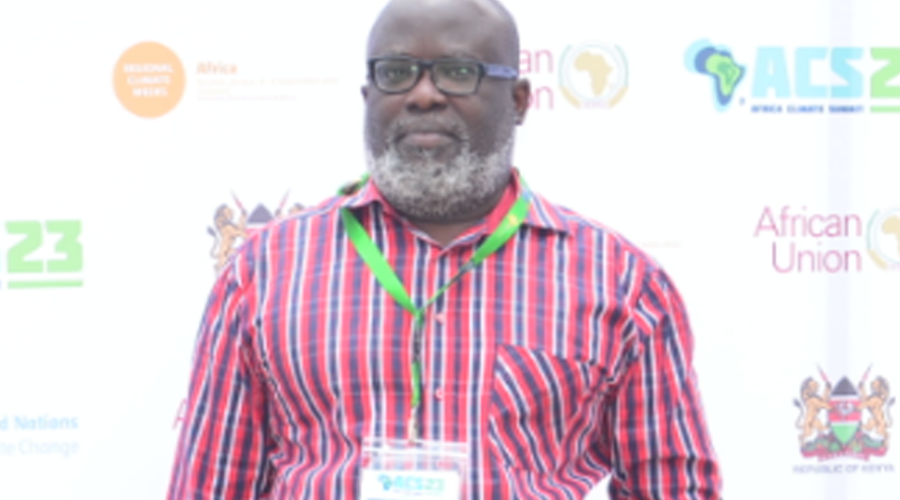As part of the ongoing ALCEMDI initiative, a webinar titled “Towards a more sustainable and decarbonized regional road transport corridor in Eastern Africa”, organized by strategy and advisory firm, MafAfrique and attended by regional industry players representing different sectors, the East African Business Council (EABC), apex body of business associations of the Private Sector and Corporates from East African Countries and the Africa Private Sector Summit (APSS) , a Pan-African Private Sector Continental Think (Do) Tank organization that advocates for favorable governance, legal, regulatory, policy, commercial, trade and investment environment which promote business, investment and trade in Africa, it was noted that emerging regional trends such as carbon tax, shortage of foreign currency, ever rising prices of fossil energy among others is significantly threatening to reverse regional trade and competitiveness gains.
With the challenge comes opportunity, and East Africa has the natural gas resources to move the region towards diversifying the road transport energy mix towards a more low-cost, low-carbon future, attracting clean energy investments and private capital into the region. “Electric vehicles and regional electric charging infrastructure are not a solution for a huge percentage of the enterprises that are engaged in the long-haul trucks, buses, Lorries and commercial vans segment. Up to 90% of the transport in the Eastern Africa region is by road, and as the region deepens the volume of intra-East African Community trade, road transportation costs, which now account for up to 40% of production, will significantly impact the overall cost of doing business in the region,” MafAfrique’s co-founder, Byron Mudhune, noted in his introductory speech.
With the challenge comes opportunity, and East Africa has the natural gas resources to move the region towards diversifying the road transport energy mix towards a more low-cost, low-carbon future, attracting clean energy investments and private capital into the region. “Electric vehicles and regional electric charging infrastructure are not a solution for a huge percentage of the enterprises that are engaged in the long-haul trucks, buses, Lorries and commercial vans segment. Up to 90% of the transport in the Eastern Africa region is by road, and as the region deepens the volume of intra-East African Community trade, road transportation costs, which now account for up to 40% of production, will significantly impact the overall cost of doing business in the region,” MafAfrique’s co-founder, Byron Mudhune, noted in his introductory speech.
When it comes to the transportation sector, which accounts for more than 70% of the region’s energy consumption, natural gas, which is cheap and regionally available in the form of LNG and CNG, can transition the region away from over- reliant on the expensive fossil-based energy, helping improve productivity and incomes for regional road transporters as well as enhancing each country’s compliance with Paris Climate Agreement.
Yet developing the LNG and CNG-based regional transport energy markets carries its own challenges, especially in terms of policy, legal, and institutional frameworks to support the growth of the industry. “The Eastern African regional trade market is dominated by heavy duty transportation segment i.e. long haul trucks, buses, Lorries and commercial vans, which is a perfect market for natural gas as energy. Policymakers therefore must recognize the economic and environmental benefits of such readily available options as a means of enhancing regional trade, competitiveness and creating new industries”, Byron Mudhune added.
J. Wendell Addy, the outgoing Chairman of APSS, acknowledged the important roles regional economic communities (RECs) and pan-African business strategy consulting firms have to play to actualize the goals of AfCFTA and his organization willingness to support such initiative which aligns with their strategic objectives. He further, called for regional stakeholders to incorporate air transport and waterways into the initiative in the long term.






